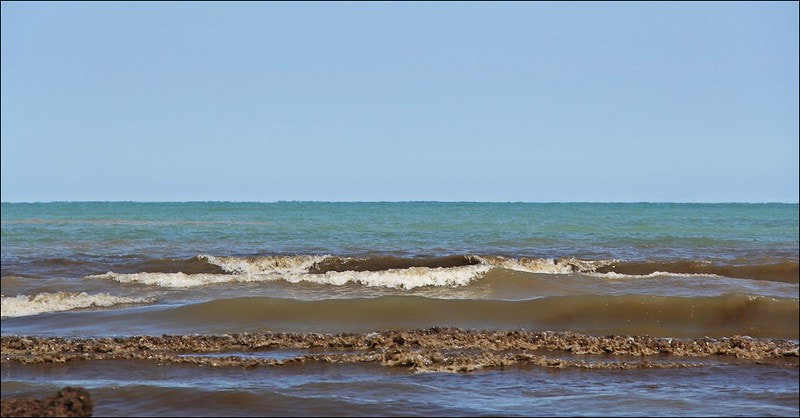|
Those in Miami-Dade County may want to reconsider their beach day, or at the very least, be a bit more selective about where they decide to visit. Following routine testing on October 3, The Florida Department of Health (DOH) has issued an advisory for Crandon Park North and South due to high levels of fecal bacteria found in the water. The bacteria in question is enterococci: a bacteria that the United States Environmental Protection Agency says lives in the intestinal tracts of warm-blooded animals, including humans. The presence of enterococci in beach water is often caused by natural stormwater runoff, but can also be a result of direct contact with the feces of pets and wildlife, or human sewage. Waterways polluted with more than 70.5 per 100 milliliters are what ultimately result in an advisory, as is the case for Crandon Park North and South as listed by monitoring records released by the Florida Department of Health's Healthy Beaches program. The issued advisory recommends that residents and visitors not swim in the water, and urges them to consider other potential risks that could come with visiting. What exactly are those risks? According to a publication in the National Library of Medicine, enterococci bacteria exposure can pose a number of risks to your health, including, but not limited to, UTIs, bacteremia, infective endocarditis, meningitis, intra-abdominal infections, rashes, and infections of wounds. The advisory will remain in effect until the beach has been resampled. To check for beach water advisories near you, visit the Florida Department of Health's Beach Water Quality Page, where you can search beaches by county. Article by Rachael Volpe
0 Comments
Your comment will be posted after it is approved.
Leave a Reply. |
CATEGORIES |
|
|
Vertical Divider
|
Can't get enough?Uncover more of Florida through our channels below!
|
© COPYRIGHT 2015. ALL RIGHTS RESERVED.


 RSS Feed
RSS Feed